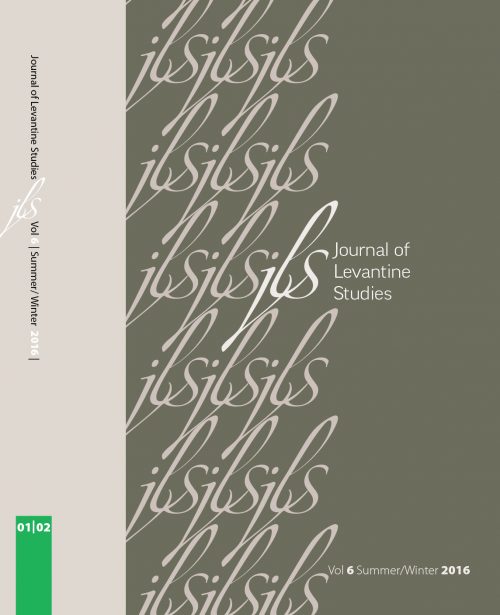-
Add to cartQuick view
The Dutch Occupation and Defense of Brazil: The Question of the Support of Jews and Conversos
Free!Documents preserved by the Portuguese Inquisition, travelers’ tales, contemporary chronicles, and writings left by local priests provide information concerning the Brazilian conversos. Taken together, the documents permit reconstruction of important aspects of Lusitanian American socioeconomic history. Still, these must be read and used with extreme caution, as the sources always reproduce what the inquisitors wanted to prove: the persistence of Jewish heresy. According to traditional historiographers (among others: Robert Southey, Ignacio Accioli de Cerqueira e Silva and Braz do Amaral, Antonio Domínguez Ortiz, Lucia García Proodian, and Eduardo D’Oliviera França), most of the cristãos-novos (New Christians) in northeastern Brazil had apparently helped the Dutch invaders. This assumption, however, has not been corroborated by the evidence, which shows that only some of the New Christians carried out acts of war on the side of the Dutch in the initial stages of the conquest, during which they served as guides, advisers, translators, and soldiers. It will be shown that the New Christians were not a homogeneous group, nor did they behave as a coherent unit at any time in Brazil’s colonial period. In the years the Dutch occupied parts of northeastern Brazil (1624–1625 and 1630–1654), there were Christians, both Old and New, who sympathized with the invaders. At the same time, many of the New Christians born in Brazil were already integrated into colonial life and society, contributing money, fighting against the Dutch, and taking part in Portugal’s defensive plans. Examples in this updated survey on the topic illustrate that those New and Old Christians who supported either the Dutch or the Portuguese side did so mainly for economic reasons rather than out of political or religious motivations.
Add to cartQuick view -
Add to cartQuick view
The Portuguese Jews in Amsterdam and the Language of Liberty
Free!The exceptional freedoms granted to the Portuguese Jews who began settling in the Netherlands at the very end of the sixteenth century are well known, not only to scholars but to the wider educated public. This article addresses a development scholars have not, however, examined: how Portuguese Jews in the Netherlands came to grasp their new freedoms as an expression of universal political values (rather than mere largesse), and—most significantly—to identify with those values. This requires understanding the essentially religious and ethnocentric meaning of “freedom” in traditional Jewish discourse, where it is presented not as a good in itself but as an instrumental good, in that it facilitated the Jewish people’s proper service of God. Members of the communal elite who had immigrated from Portugal and Spain would have been familiar with the terms liberdade and libertad as abstractions of Iberian political philosophy with no practical significance. But in Amsterdam they would have become familiar with an idea of liberty as a universal right in matters of conscience that pertained to all subjects of a realm, and with an early form of civil religion that embedded the concept of liberty in a uniquely Dutch religiopolitical discourse. A close look at texts generated by Portuguese Jews in seventeenth-century Amsterdam reveals how members of the communal elite came to embrace (at least publicly) a concept of liberty in its universal political meaning, conflating it with a traditional Jewish narrative in a way that dovetailed with the emerging Dutch national narrative.
Add to cartQuick view
- Home
- About JLS
- Issues
- Vol. 9 No. 1 | Summer 2019
- Vol 8 No 2 Winter 2018
- Vol. 8, No. 1: Summer 2018
- Vol. 7, No. 2: Winter 2017
- Vol. 7, 1: Summer 2017
- Vol. 6, Summer/Winter 2016
- Vol. 5, No. 2 Winter 2015
- Vol. 5, No. 1 Summer 2015
- Vol. 4, No. 2 Winter 2014
- Vol. 4, No. 1 Summer 2014
- Vol. 3, No. 2 Winter 2013
- Vol. 3, No. 1 Summer 2013
- Vol. 2, No. 2 Winter 2012
- Vol. 2, No. 1 Summer 2012
- Vol. 1, No. 2 Winter 2011
- Vol. 1, No. 1 Summer 2011
- Blog
- dock-uments
- Subscribe
- Submit
- Contact


